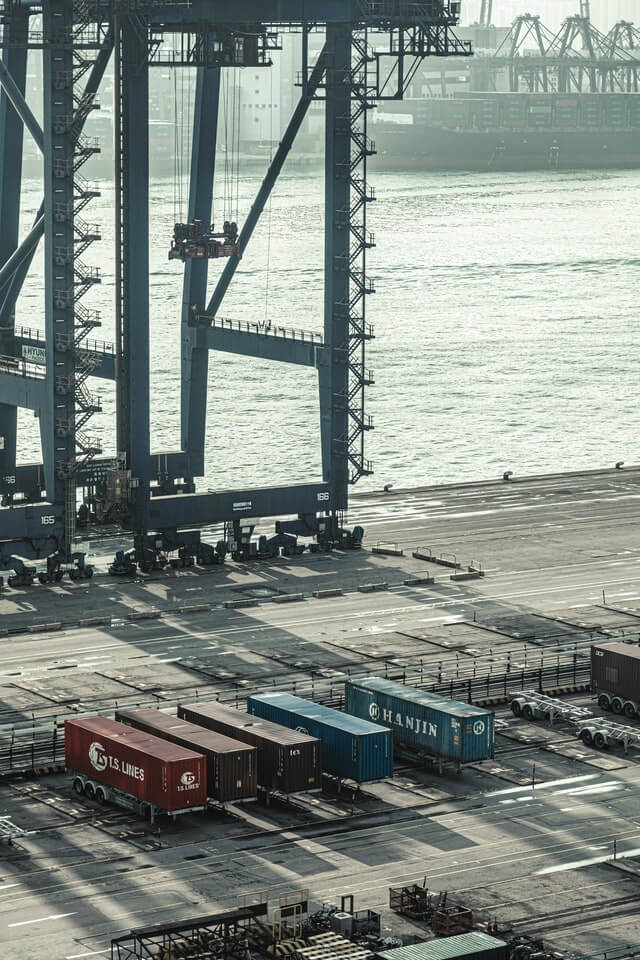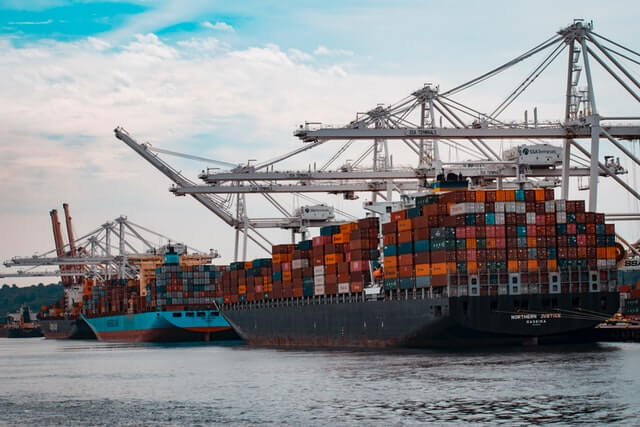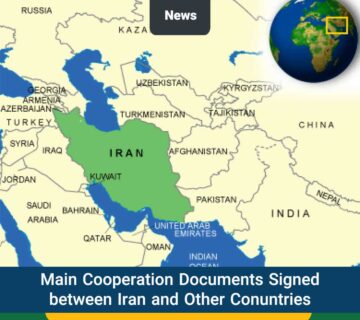In this article you will read:
Export and Import in Iran: Rules and Procedures
1. Introduction
According to a recent report by the Statistical Center of Iran, the country’s industrial exports’ value saw a 10.66% decline in the second quarter of the current Iranian year (which commenced on March 21) compared with last year’s Q2. Exports’ volume had a 1.29% rise compared to Q1 though.
The value of imports in the industrial sector went up in comparison with last year’s Q2 and this year’s Q1 by 49.53% and 0.58% respectively.
On the other hand, the latest data released by Iran Customs Administration and Trade Promotion Organization shows that Iran exported 129.648 million tons of non-oil goods with a total value of $43.93 billion during the last Iranian fiscal year (which ended March 20), registering 3.58% growth in total value of exports year-on-year.
2. Applicable Laws and Regulations
The main Laws and Regulations relating to Exports and Imports in Iran are as follows:
A) The Export-Import Regulations Act
B) The Executive Regulation of Export-Import Regulations Act
C) The Law on Regulating Border Trade
D) The Executive Regulation of Law on Regulating Border Trade
E) The Customs Affairs Act
F) The Executive Regulation of Law on Customs Affairs Act
G) Tariffs of Export and Import (issued each year).
It should also be noted that products imported to Iran are categorized under 3 classifications:
1. Permissible goods that do not need a license
2. Conditional goods that can be imported only with a license
3. Prohibited goods that are strictly banned under the Islamic Sharia or by general law
You might also be interested in :
3. Licenses / Permits Required to Export or Import Products or Machinery
Below are permits/licenses required for Export and import in Iran:
A) Business Card
B) “Goods Declaration Permit which must be taken from Iran Customs Administration”.
C) “Hygiene Permits, Standard Permits, Quarantine Permit, Order Registration Permit (Iran Export-Import Regulations Act, Article 8)”, Etc. Any of these permits may be required based on the goods that are going to be imported or exported.
D) Temporary Import License, Temporary Export License, Peremptory Import License, Peremptory Export License Etc. They all show that exporting or importing is permitted.
4. What is the Procedure for Importing a Product into Iran?
The procedure for importing can be summarized to these steps:
A) Order registration in the Iran Ministry of Industry, Mine and Trade and getting the Order Registration Permit Number and getting the other required permits if necessary (which is dependent on the type of goods). You can find more information at https://www.ntsw.ir
B) Declaration of the goods in the Iran Customs Administration

C) Going through the identity ascertain step in the Iran Customs Administration office to find out the assessment route:
- The route could be Red, Yellow, Green or Blue:
- The Blue Route has not yet applied.
- The Green Route indicates that a general assessment code must be attained and further requires the signing by the Customs Office expert.
- The Yellow Route indicates that one must comply with the requirements of the Green Route along with having a value examination, document review and some official inquiries conducted.
- Finally, the Red Route indicates that beside what is required in accordance with the Yellow Route, a physical examination and vibration check must be performed.
D) Paying the required tariff amount and getting a Customs import License.
E) Releasing the goods by getting the Release Permit.
5. What is the Procedure for Exporting a Product from Iran?
The procedure for exporting consists of the following steps:
A) Order registration in the Iran Ministry of Industry, Mine and Trade and getting the Order Registration Permit Number and getting the other required permits if necessary (depending on the type of goods). Please go to https://www.ntsw.ir for Order Registration.
B) Declaration of the goods in the Iran Customs Administration
C) The assessment and revision process which include physical examination and documents review
D) Paying the required amount (if necessary) and getting a Customs Export License.
E) Getting the Loading Permit
F) Getting the Bill of Lading and getting the back of License sealed “releasing verification seal”.

6. What is the Procedure for Obtaining a “Business Card” Required for Export-Import Business?
In order to obtain a “Business Card”, the following steps must be taken:
A) Going to http://cscs.chambertrust.ir
B) Signing up for a new account
C) Preparing required documents such as Birth certificate, Identity Card, Certificate of Clean Record (for the last three months) for individuals and companies registration documents and CEO Certificate of Clean Record for corporations.
D) Filling out the forms
E) Passing some courses (If necessary) and getting the Business Card.
In Practice, it usually takes 15-30 days to obtain a Business Card.

7. Iran’s Top Cargo Airports
A) Mehrabad International Airport
B) Mashhad International Airport
C) Imam Khomeini International Airport
D) Shiraz International Airport
E) Kish International Airport
F) Ahwaz International Airport
G) Isfahan International Airport
H) Tabriz International Airport
I) Bandar Abbas International Airport
J) Kerman Airport
8. Iran’s Top Container Ports?
The major container ports in Iran are Shahid Rajaee, Imam Khomeini Port, Kharg Port, Bushehr Port and Bandar Anzali Port. You can visit this website for more information:
https://www.searates.com/maritime/iran.html
It should be noted that most of Iran’s traded goods are transported by the sea.
Our team is composed of highly skilled and versatile lawyers who combine practical experience and academic knowledge of their field. Most of our practitioners have worked in different professional environments, often outside their home jurisdiction.





No comment